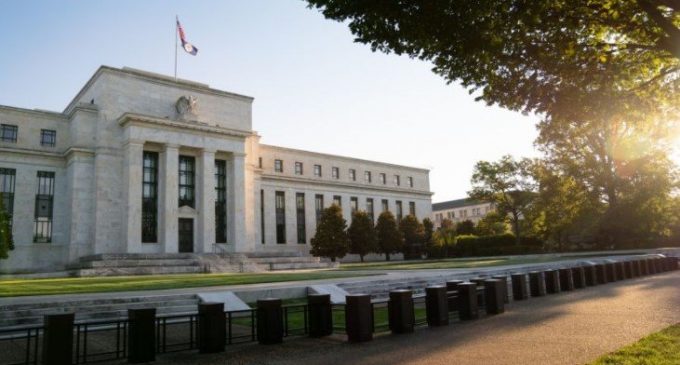
An October 23rd, 2020 joint press release from the Financial Crimes Enforcement Network (FinCEN) and the Federal Reserve highlights a proposed rule to amend the recordkeeping rule regulations under the Bank Secrecy Act. More specifically it will change the applicable threshold for international transactions subject to AML.
Not too long ago we’ve seen UK-based crypto firms will face extensive AML requirements but the trend seems to be global and cryptocurrency transactions are not excluded. People use fiat to buy crypto and banks intermediate the fiat transfer, which means that if the rule will be implemented, the US government will get access to small transactions as well.
Limited privacy when buying crypto?
By lowering the transactions threshold from $3,000 to $250, financial institutions will need to exchange client information for all transactions that begin or end outside the US, excluding domestic transactions:
Under the current recordkeeping and travel rule regulations, financial institutions must collect, retain, and transmit certain information related to funds transfers and transmittals of funds over $3,000. The proposed rule lowers the applicable threshold from $3,000 to $250 for international transactions. The threshold for domestic transactions remains unchanged at $3,000.
Considering credit/debit cards and wire transfers continue to be some of the most popular methods used to buy cryptocurrencies if this new rule will be implemented it will mean that the US government will have access to a lot more information on the crypto transactions.
On the positive side, it is important to note the fiscal benefits as it will prevent tax evasion. On the flip side of the coin, it will mean less online privacy, which is in contradiction with what cryptocurrencies are promising – complete privacy, away from government intervention.
Things could change more in the future
We’ve already talked that when crypto valuations increase, the regulatory pressures follow a similar path and what happened during the past several months is only confirming that theory. Public institutions around the world are taking measures that indirectly enable them to get involved even in the crypto sector.
Despite opposition from people that are still advocating for a financial system that is not touched by the government, it would be utopic to believe that will be the case. The digitalization trend is now obvious and as it occurs, public institutions will develop new rules to prevent tax evasion, terrorist financing, and other illicit activities. What do you think about the new FinCEN rule? Would it be good for crypto transactions or not?







There are no comments at the moment, do you want to add one?
Write a comment